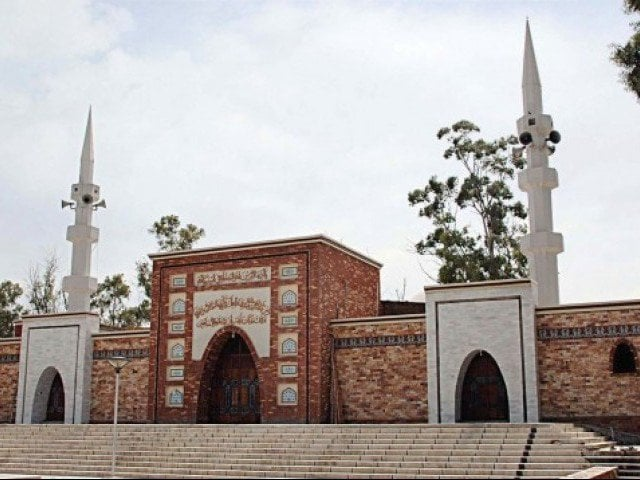Pervez Musharraf: The Controversial Legacy of a Military General Turned President
Pervez Musharraf is a well-known name in the political arena of Pakistan. He served as the President of Pakistan from 1999 to 2008, and his tenure was marked by several significant events and reforms. Born on August 11, 1943, in Delhi, India, he moved to Pakistan with his family in 1947 after the partition of India.
He died on February 5, 2023 in American Hospital Dubai, Dubai, United Arab Emirates after prolonged illness.
Musharraf started his military career in 1964 when he was commissioned in the Pakistan Army. He served in several senior positions throughout his career, including as the Chief of Army Staff (COAS) from 1998 to 2007. During his tenure as COAS, he played a key role in the Kargil conflict with India in 1999 and in the US-led War on Terror after the 9/11 attacks in 2001.
In 1999, Musharraf overthrew the democratically elected government of Prime Minister Nawaz Sharif in a bloodless coup and declared himself the President of Pakistan. He suspended the Constitution, dissolved the National Assembly, and declared a state of emergency. Despite facing international condemnation and criticism from civil society and political parties in Pakistan, Musharraf continued to rule the country with an iron fist.
Musharraf's presidency was marked by several significant events, including the 2002 general elections, which were held under his military regime. These elections were widely criticized for being rigged in favor of Musharraf's allies, and several opposition parties boycotted the polls. Despite this, Musharraf continued to rule with an iron fist, suppressing dissent and muzzling the media.
During his tenure as President, Musharraf initiated several economic reforms, including privatization and deregulation. He also made efforts to improve relations with India and Afghanistan, but his efforts were overshadowed by the Kargil conflict and accusations of supporting terrorist groups.
In 2007, Musharraf's popularity began to decline, and he faced increasing opposition from political parties and civil society organizations. In November 2007, he declared a state of emergency, suspended the Constitution, and arrested several political leaders and lawyers who opposed his regime. This move triggered widespread protests and criticism from the international community.
In 2007, during the presidency of Pervez Musharraf, a controversial operation was conducted by Pakistani security forces on the Lal Masjid (Red Mosque) in Islamabad.
Musharraf had initially tried to resolve the situation peacefully, but negotiations failed, and the Lal Masjid clerics continued to challenge the state's authority. In July 2007, security forces launched a full-scale operation to flush out the militants from the mosque. The operation resulted in a bloody standoff, with over 100 people killed, including several security personnel.
The Lal Masjid operation was criticized by several religious and political parties in Pakistan, who accused Musharraf of using excessive force and violating the sanctity of the mosque. The operation also sparked a wave of militant attacks across Pakistan, with several suicide bombings targeting security forces and civilians.
Despite the criticism, Musharraf defended the operation, stating that it was necessary to restore the writ of the state and eliminate extremism and militancy. The Lal Masjid operation remains a controversial event in Pakistan's history, with some viewing it as a necessary step in the fight against extremism, while others see it as a violation of human rights and religious freedoms
Musharraf stepped down from the presidency in 2008, after his party was defeated in the general elections. He went into self-imposed exile in London and Dubai and faced several legal challenges in Pakistan, including charges of treason, murder, and illegal detention. In 2013, he returned to Pakistan to contest in the general elections, but his nomination papers were rejected, and he was barred from participating in politics.
In conclusion, Pervez Musharraf's biography is a story of a military general who rose to power through a coup and ruled Pakistan with an iron fist for almost a decade. Despite his efforts to modernize the economy and improve relations with neighboring countries, his tenure was marked by several controversial events and allegations of human rights violations. His legacy remains a topic of debate and discussion in Pakistan and beyond.







Comments
Post a Comment